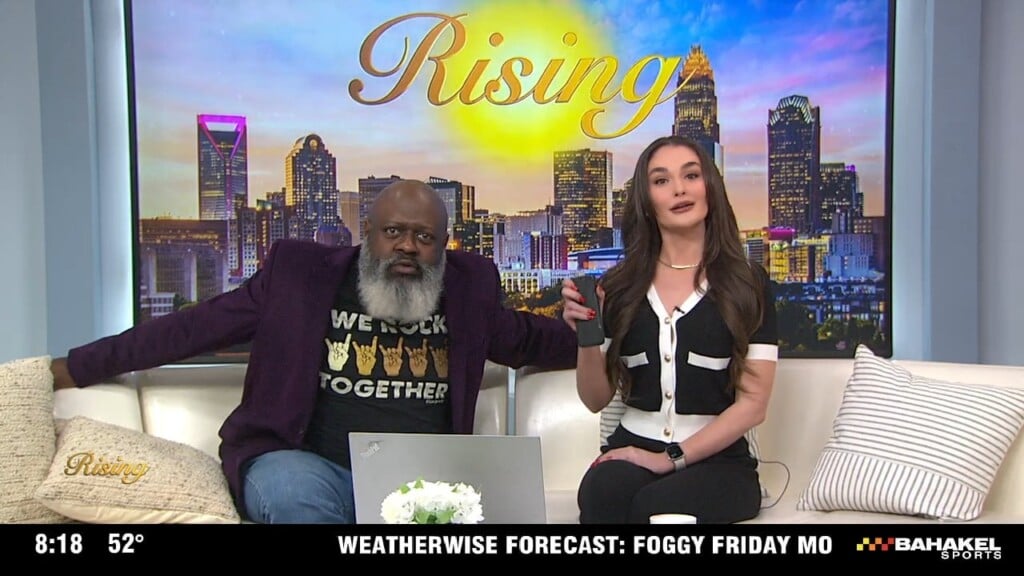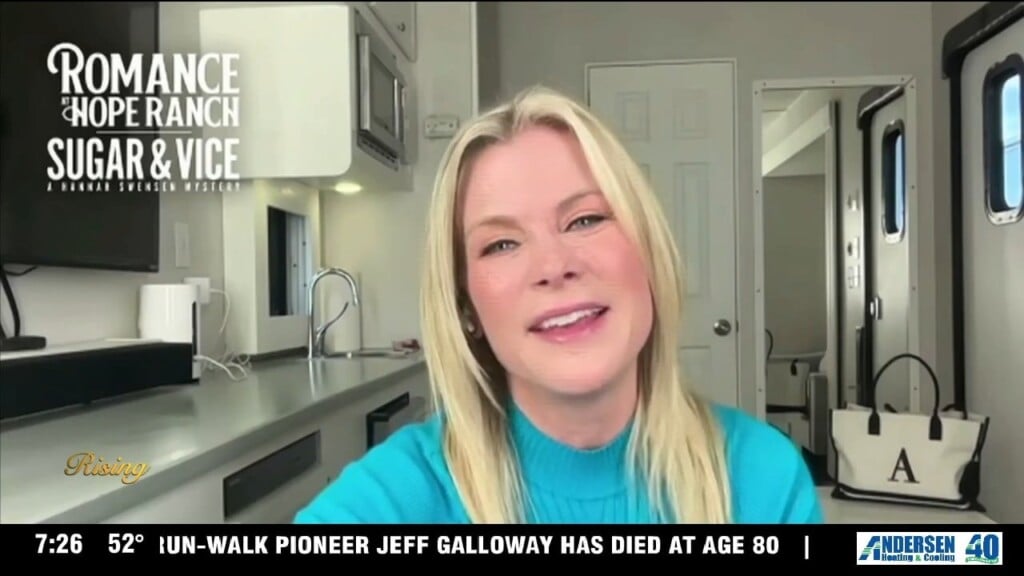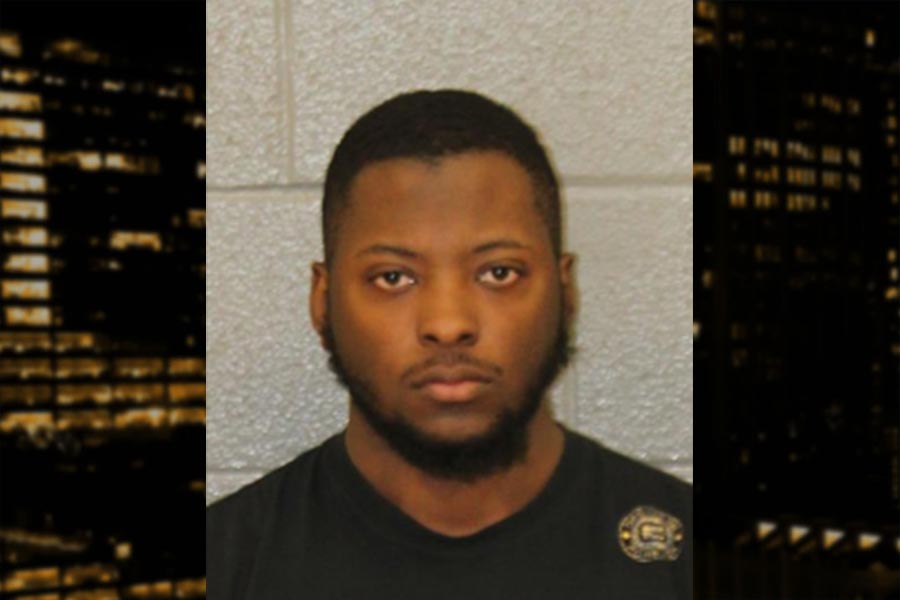RALEIGH, N.C. — A three-judge panel ruled that North Carolina’s felony disenfranchisement law, a law that prevents citizens from voting until their ‘unconditional discharge’ from probation, parole, or post-release supervision, violates two different provisions of the state’s Constitution, according to a news release.
The Court says the state’s disenfranchisement law violates the Equal Protection Clause and the Constitution’s Ban on Property Qualifications because it relies on the person’s ability to pay fines, fees, and other debts associated with their previous felony conviction in order to vote.
“This ruling is a major victory for the thousands of North Carolinians who have been denied access to the ballot due to an inability to pay financial obligations. We are thrilled that the judges took this important step in the right direction in the continued fight for voting rights and equality in our state. Our fight continues for the full expansion of voting rights for all of those who have been convicted of a felony and live in our communities, who deserve an equal say in our democracy,” said Dennis Gaddy, Executive Director of Community Success Initiative, a plaintiff organization in the case.
The lawsuit was filed as part of the broader ‘Unlock Our Vote’ Campaign that aims to restore voting rights to those previously convicted of felonies, and was filed by four North Carolinians who could not vote due to financial obligations with the support of several different community groups impacted by the criminal legal system.
Daryl V. Atkinson, Counsel and Co-Director of Forward Justice, said “Today the court took a historic step in further expanding the ‘we’ in ‘we the people’. Thousands of people in North Carolina got their right to vote back in time for this historic election, and tens of thousands got clarity that their right to vote cannot be tethered to how much money you have in your bank. Our fight continues to end the unconstitutional disenfranchisement based on felony conviction in this state, and we will press forward until we achieve that victory for those whose voices should not be shut out from our democracy.”
The case is seen a milestone by many since it grants many without the financial means to vote once again, according to a news release.
“Today’s decision is a landmark victory in the fight for voting rights,” said Daniel Jacobson, an attorney at Arnold & Porter. “The court recognized that no person’s fundamental right to vote can be made dependent on how much money they have.”




